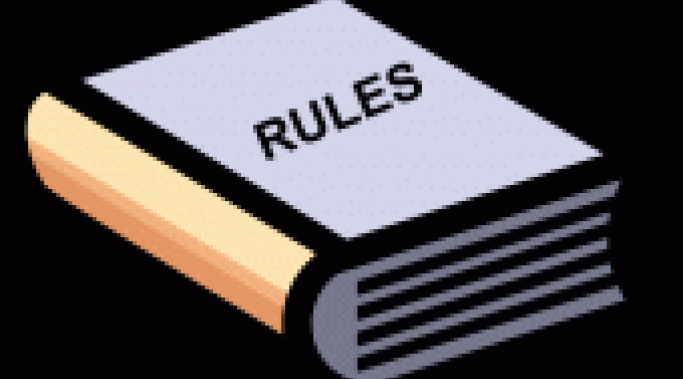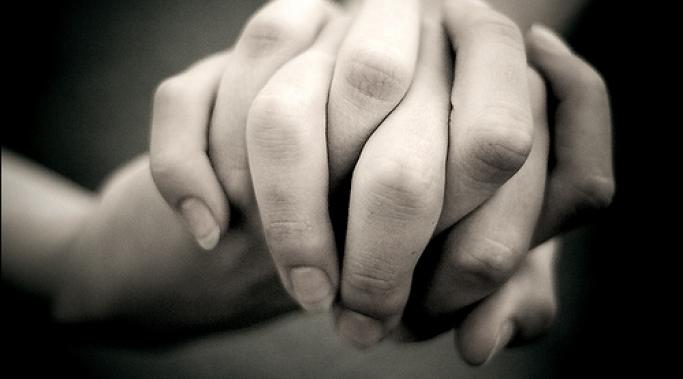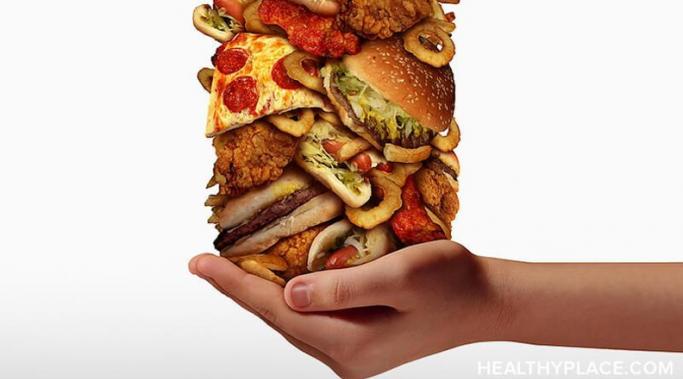Half asleep on Easter morning, I was drifting in my mind through the classic picture book, The Runaway Bunny.
It's appropriate for Easter and for eating disorders. This story of persistent and firm parenting despite spirited attempts at independence from a child was meaningful when I read it to my young children, but means far more to me now as I watch countless families negotiate parenting during eating disorder recovery.
Eating Disorder Recovery
I'm a pretty loud critic of old and discredited ideas about eating disorders; and there are many. I have to say, though, lately I have more-and-more optimism about the future.
I was in London earlier this month for the Eating Disorders International Conference held by b-eat, the largest eating disorders charity in the UK. The event gave me the opportunity to see eating disorder treatment from two perspectives: my own, and the one faced by families in England. I came away feeling the chasm between science and practice is just as deep on both sides of the pond, but the content is different.
I've noticed that parents react to a child's eating disorder diagnosis with a range of emotions: fear, anger, annoyance, optimism, hope, even humor. Unfortunately, mothers and fathers don't usually respond with the same emotion at the same time. One parent's fear can lead to withdrawal, the other spouse may instinctually move in to protect.
I want to ask you a favor. Just for right now, try to set aside everything you’ve heard about eating disorders.
Forget all the magazines, movies, rumors, and that girl in science class. Forget the after-school special, the celebrity photo, and your own relationship with food and weight. Let's start over fresh. Before my daughter developed a life-threatening eating disorder, I had a lot of ideas I needed to forget. Let me offer you a new view.
I've noticed that the history of the online parent community around eating disorders somewhat mirrors how parents have fared in terms of the treatment of their child; it started off non-existent, involved a lot of blaming and shame in the middle, but I can now report a new attitude is spreading around the world.
When our family fell down what I think of as the "rabbit hole" of mental health treatment, there were two things I most wanted: information and companionship. I wanted to understand the illness and treatments, and I wanted not to feel alone.
I never thought I would become a full-time mental health activist, but during my daughter’s recovery from anorexia nervosa I was shaken by the lack of science-based information and support for caregivers of this disease. I remember, even in my despair, believing that it didn’t need to be that difficult and frightening to find good care.







